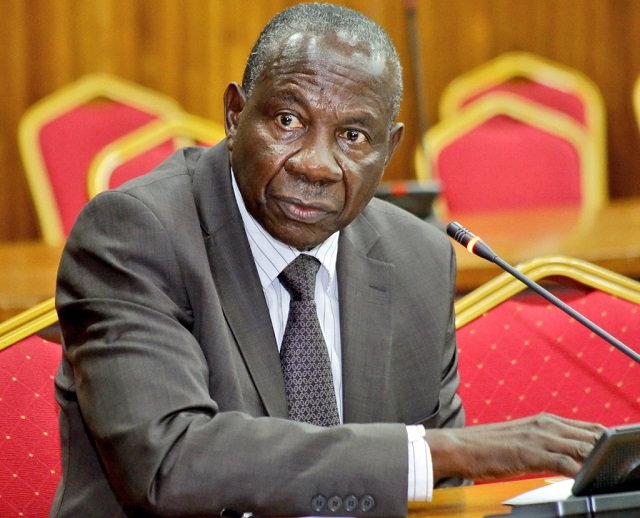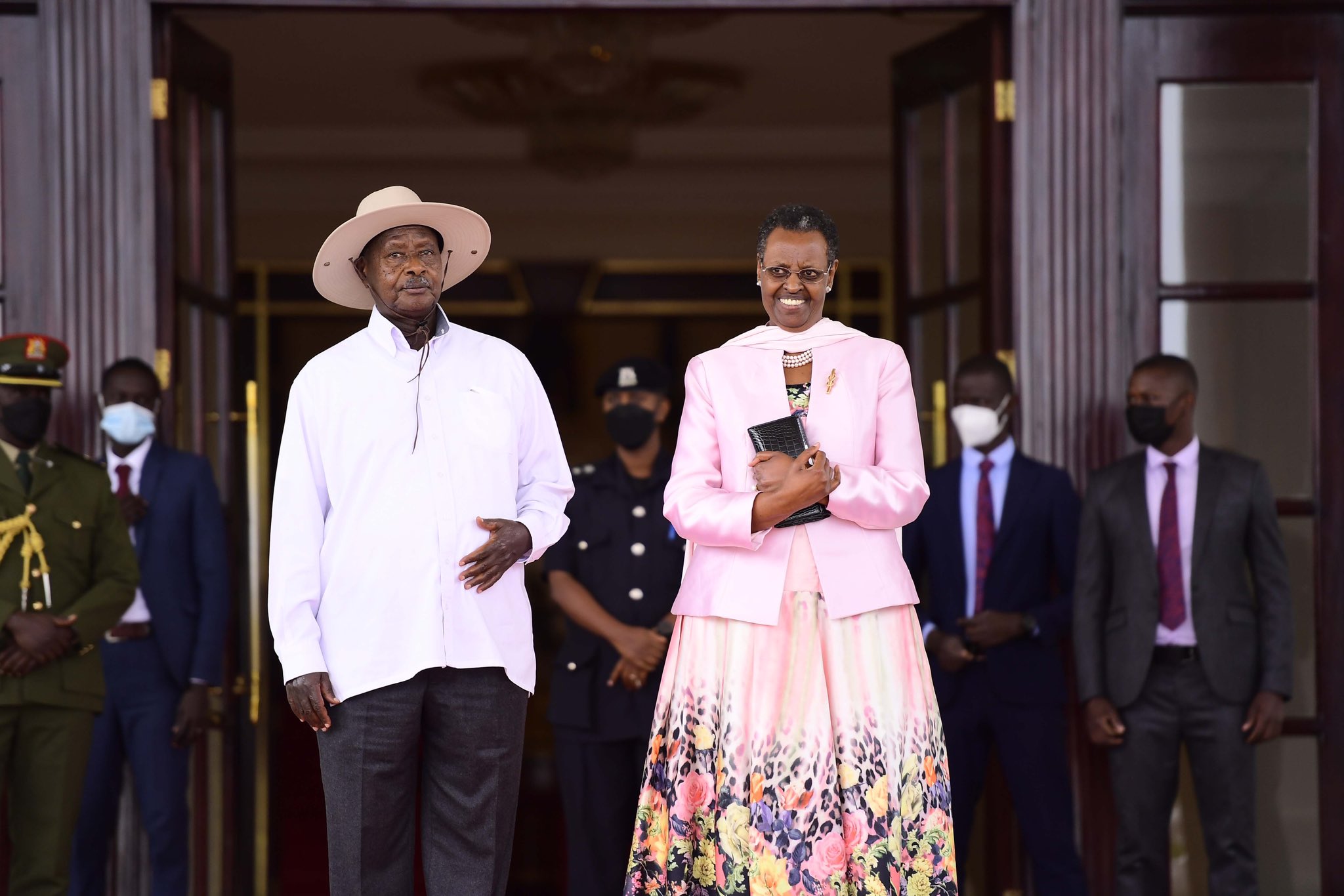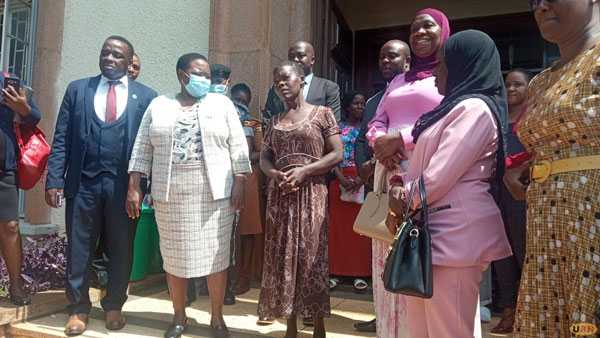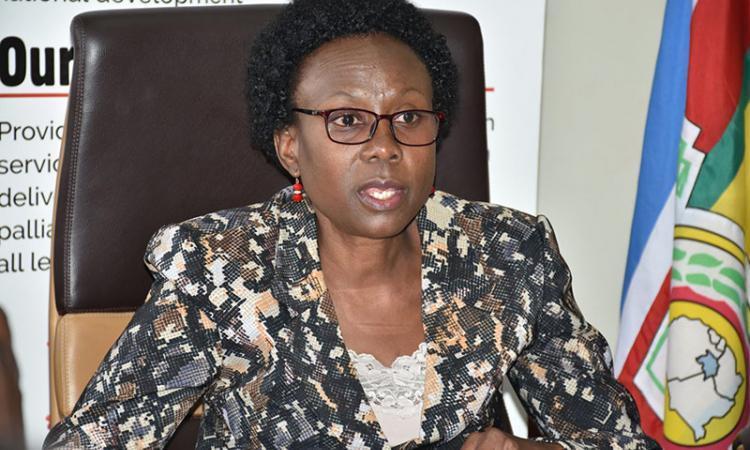It was tough going through the two years of lockdown resulting from the Corona Virus Disease 2019 (COVID-19) pandemic in Uganda. But some households that survived the lockdown may not live through the prevailing financial one in the country.
During some of that time, movement by public means was prohibited. Trading in crowded places was inadvisable, too, and those who relied on supplying a broad range of materials to educational institutions lost opportunities because the institutions were rendered non-functional. Even zakat (Islamic financial contributions), offerings, seeding, tithing, amakungula (Christian celebration of harvests), thanks-giving and other contributions to religious organisations dwindled. But salaries to government workers flowed to sustain the theory of Circular Flow of Incomes (CFI) and that is how people survived the lockdown. Today, however, some government agencies do not even have salaries to pay their workers, so whole communities may not survive this financial lockdown.
Proponents of CFI insist that if in Muggagga (tycoon) living in a closed community somehow made ezzigge (mountain gorilla, in Uganda most prominently displayed on the UGX50,000 note), the entire community could prosper depending on how Muggagga utilises the ekizikke.
If, for instance, Muggagga spent the ekizikke buying enyama (meat) and amatta (milk) from Mulunzi (herdsman), Mulunzi would in turn buy some matooke (bananas) and eggobe (type of vegetables) from Mukyala Mulimi (female farmer) who would pay Musomesa (school teacher) for children’s tuition.
Musomesa would pay Musawo (health practitioner) for medical services and Musawo would make a mortgage payment to the village bank while the bank would pay Muggagga rent for the facilities they occupy. This would bring back the same original ekizikke to Muggagga after going through five other persons. In the process, however, income worth UGX300,000 would altogether have been made.
Muggagga could then repeat the income cycle the following month so that another UGX300,000 or more is made at the end of the cycle, thus bringing the total income earned in the closed community to UGX600,000.
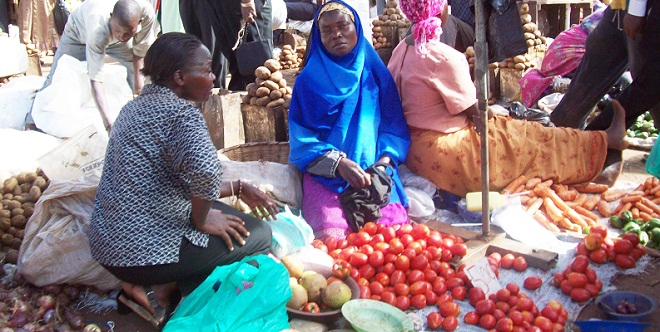
If the duration of the cycle was shortened to two weeks instead of the month and the number of players in the cycle increased to include Ow’Ebaala (barman), his Askari (guard) and Boda Boda (motor-cycle taxi rider) who transports them around, then the rate of creation of income would multiply even faster although, I am afraid, Mulunzi, chancing such opportunity, could be tempted to increase his prices and spiral some inflation. No harm if the inflation is mild because it gives the beneficiary incentives to produce more.
But if Muggagga kept the cattle from which he got all his enyama and amatta, that would deprive Mulunzi of the income with which to pay for matooke and eggobe, thus breaking the CFI. I am tempted to think that this has been the situation in Uganda since July this year, with the government, personified as Muggagga, in an effort to fight inflation, constraining the release of money into the economy.
The Butambala District letter
In particular, I have seen a letter from the Chief Administrative Officer (CAO) of Butambala District, addressed to several categories of government employees in the district, giving them advance notice that payment of salary for November and December this year is likely to be delayed – and there is surely no more painful period to constrain release of cash into the economy than in December, the month of Christmas and the End of Year celebrations. It is as well the month of most family gatherings for marriage, funeral and, among my Bamasaaba people in an even year like this one, circumcision rites.
The categories cautioned in advance about Butambala delays include agricultural extension staff, health workers, natural resources staff, works and water staff, secondary and tertiary education teachers as well as the banking and lending institutions. Virtually the only categories unaffected are the primary school teachers. Police officers and the military do not get paid through the CAO so we have no information if they, too, are affected.
“Butambala District Local Government received funds from the Ministry of Financial, Planning and Economic Development for payment of salaries for Quarter Two of FY (Financial Year) 2022/2023 with a shortfall of Shs. 1,133,359,016. This shortfall will affect the abovenamed categories of staff,” said the CAO.
“The District is not in position to pay salaries for secondary school teachers in November and December, 2022. The rest of the categories will be affected in December, 2022. In a similar manner, payment of the deductions (PAYE, UBA, UNATU) will also be affected,” added the CAO.
The FY begins on July 1st and is devided into for parts, referred to as quarters. Quarter One covers July to September while Quarter Two covers October to December. PAYE is the Pay As You Earn, an income tax for salaries earners. UBA is the Uganda Bankers Association, a mechanism through which loans to public servants are recovered. And UNATU is the Uganda National Teachers Union, a labour organisation to which members pay subscription fees.
“The purpose of this letter, therefore, is to request you to take note, devise appropriate means of survival and to ask you to remain patient…,” added the most senior civil servant in the district.
Fate of the peasants sealed
Administratively, Uganda is divided into districts. Their urban equivalents are cities. Under each district/city is the county/municipality and under those, the sub-county/town council. Lower still are the parishes/wards and the villages/cells. So, in practical terms, any reference to a district includes city, to a county includes municipality, to a sub-county includes town council and to a parish includes ward. The differentiating factor is whether the administrative unit is in a rural setting or is a gazzetted urban area.
The National Population and Housing Census (NPHC) 2014 Area Specific Profile Report published by the Uganda Bureau of Statistics (UBOS) says Butambala, one of the 116 (including only city, Kampala, at the time) districts in the country, on Census Night had a population 100,840 persons, of whom females were 50,082 and 50,758 were males. There were 58,791 children (59.1) while 32,045 (31.7%) were working adults.
The total population countrywide was 34.6 million, compared to the projected population of 49 million as at this month (November, 2022) – given the growth rate of about 3.0 percent per annum.
According to the 2014 Census report, 88.2 percent of the households in Butambala engaged in either crop growing or livestock farming. Those peasants are probably the chaps to whom secondary school Musomesa will this Christmas have to explain stammeringly that “…you see…, you know…, by the way…, incidentally…, anyway I do not have money on me but I also still need from you some matooke and ggobe because my family has no food”.
In turn each male peasant will have to explain to his wife that she cannot get any new gomesi (dignified woman’s dress) and to the children that there will absolutely be no once-in-a-year gifts this Christmas. That, too, is the flock into whose zakat and Christmas offering baskets the clergy is going to look and wonder from exactly where they have acquired this level of meanness.
PMD no saviour
Most other parts of Uganda are reeling under this financial lockdown.
Government of Uganda (GoU) budgeted for UGX1.1 trillion (over US$290m) through the Parish Development Model (PDM) to cover this FY. GoU recently announced amidst excitement that it had credited the accounts of each parish UGX100m (about US$26,000) under the much hyped programme , only to turn around and claim that it had ordered banks not to release any money because PDM leaders at the grassroots were yet to be screened.
Besides, an employee of a reputable government agency took her critically sick child to a Kampala medical facility this weekend but was denied service because her employer has not been up-to-date with medical insurance cover. The insurer had, subsequently, instructed denial of service. The tearful mother was requested to pay cash to save the life of her child. She did not have any money. I am yet to find out the fate of the child.
Moreover, I know of another lady who applied for access to her National Social Security Fund (NSSF) savings on 30th September after she clocked the mandatory age of 55 years. NSSF is owned by the employers and their workers. However, because GoU is one of the employers and makes the largest contributions to the Fund it has over time controlled operations of the Fund. GoU, through the Fund promised to credit the qualifying contributor’s account within 24 working days and the lady also confidently promised creditors money. Forty working days later, her account has not been credited and the people she promised are about to eat her alive.
I would have thought that all these were coincidences if I had not seen a letter from the finance minister appealing to local lenders to advance the GoU loans to fund budget not later than 18th November, 2022. This came hot on the heels of GoU also tabling in Parliament a proposal to borrow through StanBic Bank and syndicated loan of Euros 2m (about UGX2 trillion) to support the budget.
If GoU does not succeed, we shall be seeing unpaid suppliers of some government procured services just jumping mindlessly under the trains running on the 100 year old non-standard gauge railway. We are also going to see some unpaid people resort to crime to meet the demands of their households. We are going to see an increase in domestic violence resulting in death as frustrated housewives fail to put food on the table. And we are going to see passengers suddenly bursting and dying next to us in taxis due to explainable, unavoidable pressures. So, households that survived the two year physical lockdown may not live through the prevailing six month financial one in the country.
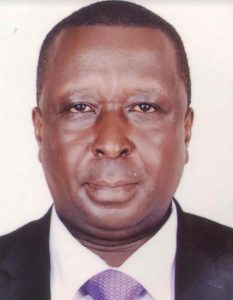 The author is Founding Director of Vicnam International Communications Ltd, a private firm of communications, public relations and information management consultants. He specialises in the Proofreading and General Editing (PAGE) of documents and can be contacted by Tel: (+256)752-649519 and by Email: agmusamali@hotmail.com.
The author is Founding Director of Vicnam International Communications Ltd, a private firm of communications, public relations and information management consultants. He specialises in the Proofreading and General Editing (PAGE) of documents and can be contacted by Tel: (+256)752-649519 and by Email: agmusamali@hotmail.com.
![]()

